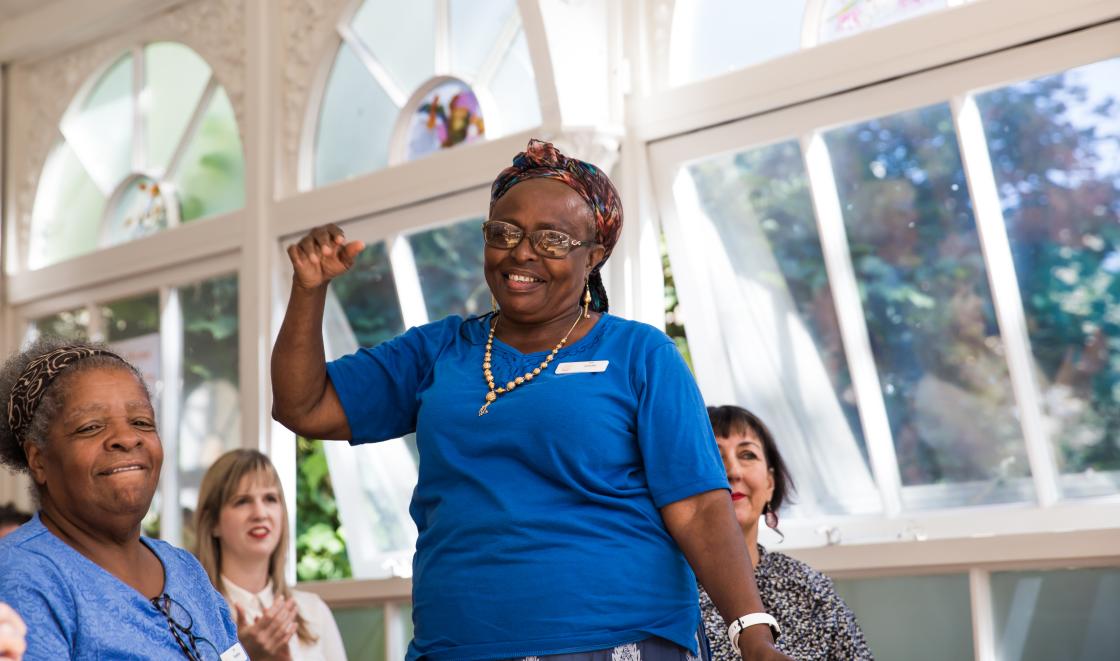Study 1: MACE (Mapping and community engagement)
In the first study, the research team will produce a detailed map of day services in four boroughs of south London to ascertain strengths and gaps in provision and demand. Researchers will engage with the community of day services, social care practitioners, local authorities etc. to build a strong network for the next study.
They will work closely with day centre managers and local stakeholders to co-produce information maps and resources that hold information and metrics about day service outcomes, demand and provision to inform local communities, commissioning and market development. This work will focus on day services for older people, and others with care and support needs, including those arising from dementia, complex disabilities, long-term conditions, end of life support needs, and homelessness.
They will carry out in-depth qualitative interviews with service users, family carers, day centre managers, staff and volunteers, to help identify priorities and outcomes. They will also develop, test and equip day services with tools for self-auditing, measuring stakeholder outcomes, and social return on investment (SROI).
This work will include testing outcomes such as, wellbeing, and loneliness/isolation measures with stakeholders, over time, and explore how people feel about the care they are receiving. A quality and effectiveness self-audit approach will build on the standards-based self-audit toolkit developed by Age UK and Northern Ireland’s Minimum Standards from Day Care Settings.
They will pinpoint gaps in service provision that day centres may incorporate into their service models such as, opportunities for outreach, assessments or clinics operated by social care or the NHS to take place at day centres and opportunities for day centres to provide support at key times (such as after hospital discharge, direct referrals to safeguarding teams, or certain services, for example; toenail cutting, bathing, handyperson schemes, welfare rights). They will also identify other community-based services that provide short breaks for carers, to see if these can be consolidated or used to maximise provision.
The study findings will be disseminated widely by closely from the start with national stakeholders (National Voices, Think Local Act Personal, Care Provider Alliance, unions, professional bodies) and other NIHR ARCs to maximise the synergy of this study, in particular joining with ARCs working with care homes, since many homes offer day services options.
